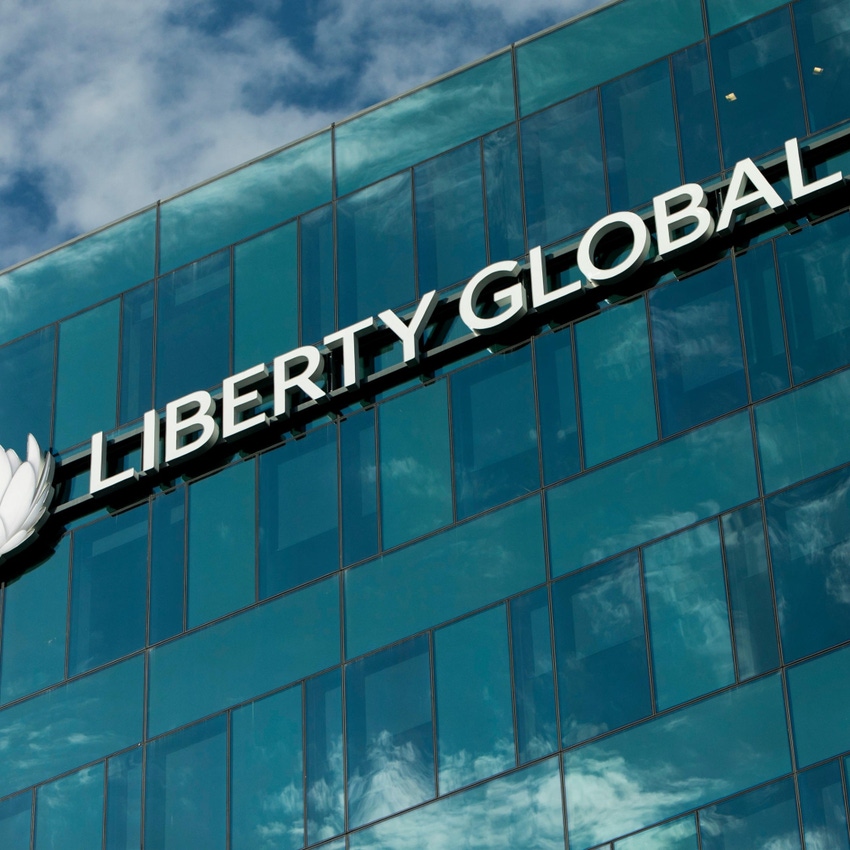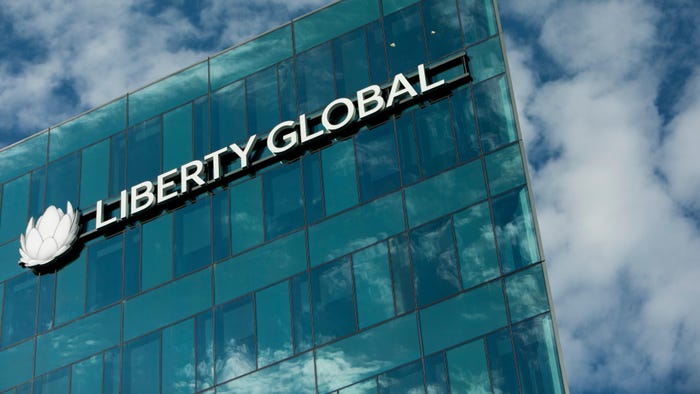Liberty Global used its Q2 2022 earnings results to officially announce its FTTH joint venture with Telefónica and InfraVia in the UK. The transaction is expected to close in Q4.

On the morning of its second quarter earnings results, Liberty Global officially announced the formation of a joint venture with Telefónica and InfraVia Capital Partners that will roll out fibre-to-the-home (FTTH) to greenfield premises across the UK.
The plans for the JV were confirmed earlier this year but the companies have now reached a £4.5 billion agreement to roll out fiber to 5 million homes not currently served by Virgin Media O2 by 2026, with the opportunity to expand to 7 million. Liberty Global and Telefónica will jointly hold a 50% stake and InfraVia will own the remaining 50%. The transaction is expected to close in Q4 2022.
Figure 1:  (Source: Kristoffer Tripplaar/Alamy Stock Photo)
(Source: Kristoffer Tripplaar/Alamy Stock Photo)
"This landmark agreement with Liberty Global, Telefonica and InfraVia will expand our FTTH footprint to millions of new UK homes, creating the undisputed second national fibre network in the UK. VMO2 has already committed to upgrading its entire existing 16 million footprint to FTTH," said Liberty Global CEO Mike Fries in a statement.
As part of the deal, Virgin Media O2 confirmed in a press release that it would be a wholesale customer of the new network "from day one," expanding its fiber footprint to 23 million premises.
"This multi-billion pound investment is a vote of confidence in Britain that will take Virgin Media O2’s fibre footprint to 80% of the UK, boosting our position as the biggest challenger in the market," said Virgin Media O2's CEO, Lutz Schüler.
Related: VMO2 plus TalkTalk equals broadband giant with bad reputation
The news was met with some ambivalence during a webcast of Liberty Global's Q2 2022 earnings call on Friday morning, with investors questioning whether the move undercuts its positioning.
Asked by James Radcliffe at Evercore ISI about the decision to "ease competitive entry for alternative providers, rather than owning the network potentially entirely ... and having quasi-monopoly status in those marginal areas," Liberty Global's Fries said, "I think in the UK it's a pretty easy answer."
"This is all greenfield territory. So, just as with [Project] Lightning, when we build network in the new markets that Virgin Media has been expanding into for years, we get between 25 and 30% penetration right away, even though there's other operators or everybody's already marketed that territory. So, we feel very confident in our ability to penetrate this new greenfield network, up to 7 million homes of it, and to penetrate it well," said Fries.
Further, he said, any ISPs that join the wholesale network will have already marketed to customers in the territory or have other ways of entering those service territories. "We're not giving anything away here," Fries added.
Rather, if other operators join the network, "it just reduces our overall cost and increases our return on infrastructure we would be building anyway," he said.
Subscriber numbers
CEO Mike Fries noted "a return to broadband growth" in the UK, with VMO2 adding 16,000 broadband subs for the quarter.
In other areas of the business, Sunrise UPC saw "relatively stable" performance with 2,000 broadband losses in Q2 "being primarily driven by the phasing out of the UPC brand, impacting inflow volume ahead of the Sunrise rebranding." Sunrise added 47,000 mobile postpaid customers in the quarter. VodafoneZiggo saw a decline of 2,000 in Q2, which the company noted was an improvement of 15,000 compared to Q1. The company also reported that over 6 million homes connect to VodafoneZiggo's gigabit speeds.
Q2 financials
As of this writing Friday morning, Liberty Global's shares were up 3.30% to $21.57, following its Q2 results.
The company reported revenue of $1.75 billion, down 41.3% year-over-year. It also announced it was increasing its 2022 buyback program by $400 million, bringing the year's total to $1.7 billion.
"Broadly, we've managed to deliver stable revenues despite a tough macro-economic climate as price rises across our portfolio begin to feed through into increased revenue," said Liberty Global CFO Charlie Bracken.
"In response to higher inflation generally, we've implemented a number of price adjustments across our markets, which are generally higher than in prior years," Bracken added. "Despite these higher increases, our internal trends currently show that our price rises in the UK and Holland have landed successfully with limited churn impact."
Related posts:
— Nicole Ferraro, editor, Light Reading, and host of "The Divide" podcast.
About the Author(s)
You May Also Like











